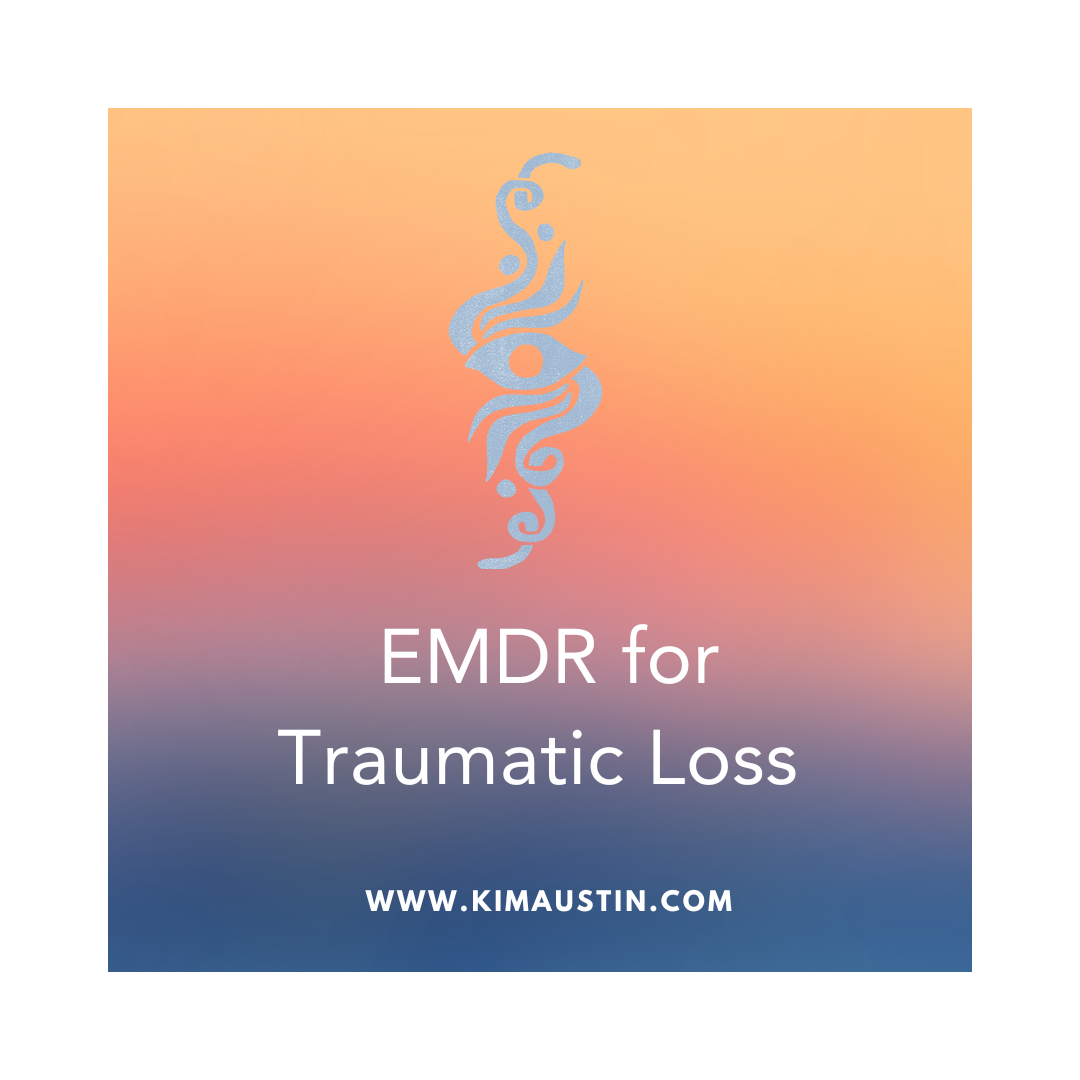EMDR in Atlanta Healing from Sudden Loss
EMDR Therapy for Traumatic Loss Atlanta
Healing from Sudden Loss with EMDR
Loss hits hard—whether it’s a loved one, a pet, a job, or the life you thought you’d be living. When the grief is sudden or traumatic, the shock can persist, leaving you feeling frozen or disconnected from others or the world around you. And when the shock passes, you may feel shut down, like a light inside of you has gone out. And other times you might feel agitated and unable to settle. When a loss is particularly traumatic, it is not uncommon to relive it on loop, playing over certain memories, images, sounds, what was said and what was left unsaid.
I’ve worked with many people here in Atlanta navigating these kinds of losses, and EMDR can be a beautiful support. It helps your system make sense of what happened and slowly let go of the overwhelming feelings that keep you stuck.
You can read more about how I support grief and loss here: Accident or Sudden Loss Therapy
How does EMDR help recovery from a loss?
The grief and sadness resulting from a sudden or traumatic loss is not something that just goes away. Time and space to heal as well as connecting with others is essential. However, grief that is complicated by the details, the complexity of an experience, and history can inhibit the process of grieving. The following are some things that EMDR can help with:
Hypervigilance, worry
Trying to control things
Feel stuck after a breakup or betrayal
Recurring intrusive memories, visual, and emotional flashbacks
Disturbed sleep and nightmares
Struggle with guilt and self-doubt
Feel numb or disconnected
Existential dread, feelings of hopelessness
If you or someone you care about is struggling with any of the above. EMDR may be able to assist their brain and body in processing aspects of the experience and loss that they have been unable to move through successfully on their own.
What Does an EMDR Session Actually Look Like?
Every EMDR session is different but in general, we’ll start by getting to know each other, building trust, and helping you feel grounded and supported. Once you're ready, we’ll begin identifying the memories, patterns, and beliefs that are keeping you stuck.
During EMDR processing, you’ll focus on those memories and emotions while using bilateral stimulation—things like eye movements, tapping, or sounds—to help your brain reprocess them. It’s gentle, powerful, and often brings relief in a way that traditional talk therapy just can’t. Throughout therapy with me and EMDR processing, I help you integrate whatever has come out of the EMDR processing so you can continue your healing and grief process. I offer standard weekly EMDR therapy sessions as well as EMDR Therapy Intensives which are an alternative format for accelerated trauma processing with longer sessions, usually more closely spaced. We can discuss which option might be best for you in the initial consultation call.
What Changes Can You Expect After EMDR?
Clients often tell me they feel lighter, more grounded, and more like themselves again. Often they have gained some perspective or insight about what themselves, their experience, and what or who they lost. Loss is enough by itself and EMDR therapy can help relieve some of the additional burden that unprocessed traumatic elements can cause. Some people say they’re sleeping better, feel more connected and able to enjoy life more, or reacting differently to the things that used to trigger them before EMDR.
Already Working with a Therapist? EMDR Can Still Help
You don’t have to choose between your current therapist and EMDR. I regularly work in collaboration with other therapists to offer EMDR as a short-term adjunct service, where in standard session format or in an Intensive Therapy format. We can chat about what would be most supportive for you.
Let’s Talk About Whether EMDR Therapy in Atlanta is Right for You
I hope this gave you a little more info about EMDR therapy. If you are interested in learning more about EMDR therapy in Atlanta, click here or call me at (207) 295-7427 for a free 15-minute phone consultation. Click the following links to learn more about me and how I help with trauma recovery and Accidents or Sudden Loss.
Taking that first step is often the hardest part. If you’re curious about EMDR but not sure if it’s the right fit, I’d love to chat. You don’t have to keep carrying this alone. Let’s explore what healing could look like—for real.

